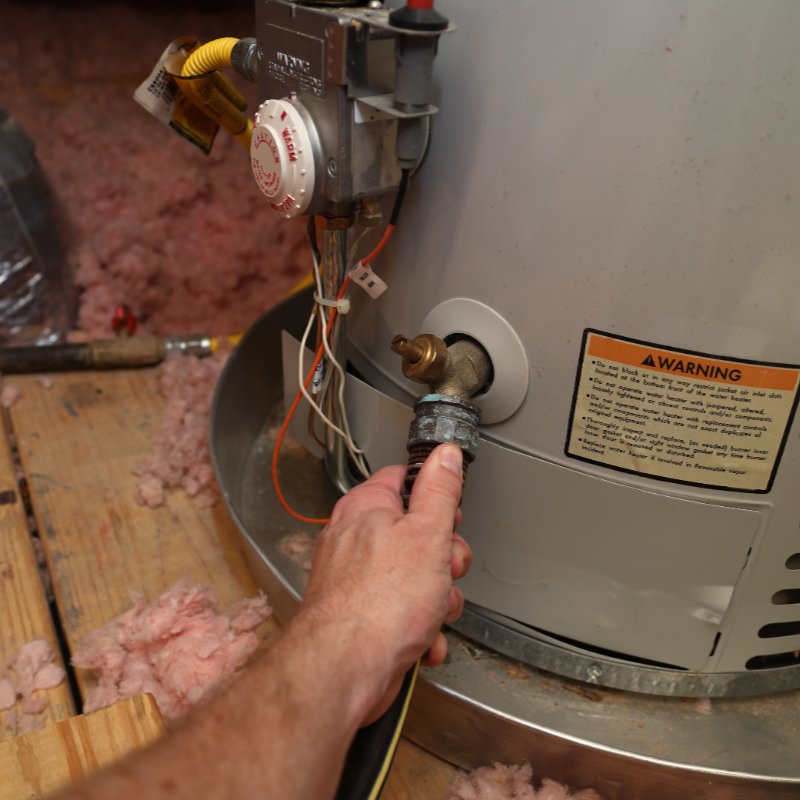Your Basics Of Water Heater Problems
Your Basics Of Water Heater Problems
Blog Article
Just how do you really feel when it comes to Common Problems with Your Home Water Heater?

Envision beginning your day without your regular hot shower. That already sets a poor tone for the rest of your day.
Every residence requires a dependable hot water heater, yet just a couple of recognize exactly how to handle one. One easy way to maintain your hot water heater in top form is to look for faults routinely and also repair them as soon as they show up.
Keep in mind to shut off your water heater prior to sniffing around for faults. These are the water heater faults you are probably to experience.
Water as well warm or also cool
Every water heater has a thermostat that figures out exactly how warm the water obtains. If the water entering into your residence is too hot despite establishing a hassle-free maximum temperature level, your thermostat could be defective.
On the other hand, as well cold water may be because of a failed thermostat, a damaged circuit, or incorrect gas flow. For instance, if you utilize a gas water heater with a damaged pilot light, you would certainly obtain cold water, even if the thermostat is in ideal condition. For electric heaters, a blown fuse might be the offender.
Insufficient warm water
Hot water heater come in several sizes, relying on your hot water needs. If you run out of warm water prior to everybody has actually had a bath, your water heater is also small for your family size. You must consider setting up a bigger hot water heater tank or selecting a tankless hot water heater, which uses up less space and also is a lot more durable.
Strange noises
There are at least five sort of noises you can learn through a water heater, yet the most typical analysis is that it's time for the hot water heater to retire.
First off, you should recognize with the regular sounds a hot water heater makes. An electric heating system might sound various from a gas-powered one.
Standing out or banging sounds generally mean there is a slab of debris in your tanks, and it's time to clean it out. On the other hand, whistling or hissing noises may merely be your shutoffs allowing some pressure off.
Water leakages
Leakages could originate from pipes, water connections, shutoffs, or in the worst-case situation, the tank itself. Over time, water will certainly corrode the container, as well as locate its way out. If this takes place, you need to replace your hot water heater immediately.
However, before your change your entire tank, make certain that all pipelines remain in location which each valve functions completely. If you still require assistance identifying a leakage, call your plumber.
Rust-colored water
Rust-colored water indicates among your water heater parts is corroded. Maybe the anode pole, or the container itself. Your plumber will have the ability to determine which it is.
Warm water
Regardless of exactly how high you established the thermostat, you won't obtain any kind of warm water out of a heating system well past its prime. A hot water heater's effectiveness might minimize with time.
You will likewise get lukewarm water if your pipelines have a cross connection. This means that when you activate a tap, warm water from the heating unit flows in along with regular, cold water. A cross link is easy to area. If your warm water faucets still follow closing the hot water heater shutoffs, you have a cross link.
Discoloured Water
Rust is a major root cause of unclean or discoloured water. Corrosion within the water tank or a stopping working anode rod might trigger this discolouration. The anode pole shields the storage tank from rusting on the inside as well as must be inspected annual. Without a rod or an appropriately operating anode pole, the warm water swiftly corrodes inside the tank. Call an expert water heater professional to identify if replacing the anode pole will certainly deal with the problem; otherwise, replace your water heater.
Conclusion
Preferably, your hot water heater can last ten years prior to you need a modification. Nonetheless, after the 10-year mark, you may experience any one of these faults much more on a regular basis. At this point, you need to add a brand-new hot water heater to your budget plan.
How To Troubleshoot 3 Common Water Heater Problems in Twin Cities
The Water Heater Is Leaking
A leaky cold water inlet valve A loose pipe fitting A leaky temperature and pressure relief valve A corroded anode rod A cracked tank Turn Off Your Water Heater:
Shut off your gas water heater by turning the gas valve on the unit to the “OFF” position. Shut off your electric water by switching its power off at your electrical panel. Look for a two-pole breaker labeled “water heater” and turn it to the “OFF” position. Move the ball valve connected to the water heater to be perpendicular to the piping at a 90° angle. Look for the Leak:
Depending on whether the water is coming from the tank's top or bottom, you’ll want to look for the leak in different locations.
If the leak comes from the top of the tank, carefully look for water escaping from the cold water inlet valve or loose pipe fittings. Rusted hot and cold water valves can have loose connections with the tank, with water leaking out of them.
https://mspplumbingheatingair.com/blog/how-to-troubleshoot-3-common-water-heater-problems
Do you appreciate more info about Water Heater Repair and Troubleshooting? Give a remark below. We'd be interested to find out your ideas about this posting. Hoping that you come back again before long. Kindly take a moment to share this write-up if you enjoyed it. Thank you for your time invested reading it.
Plumbing woes? Connect. Report this page